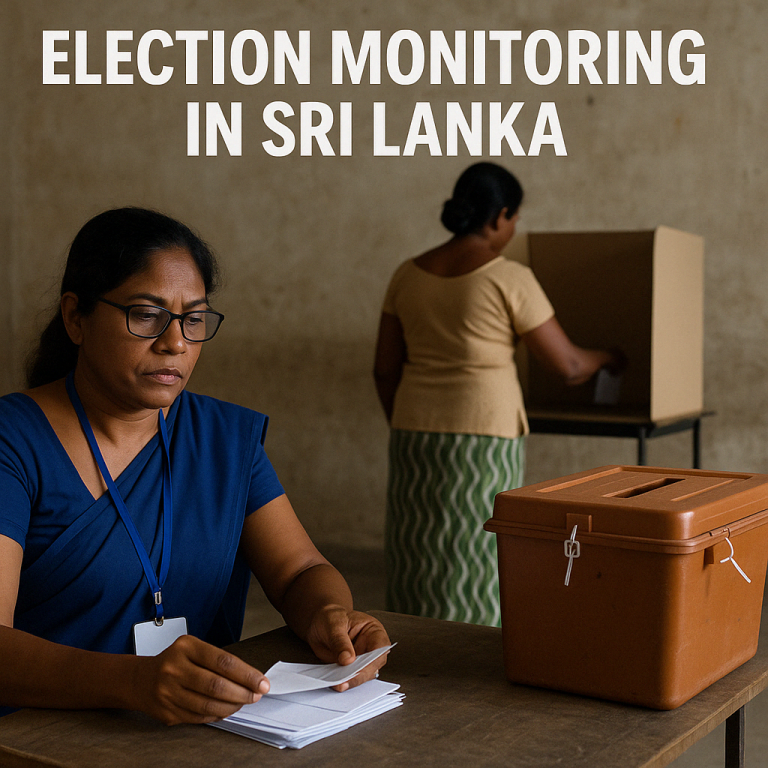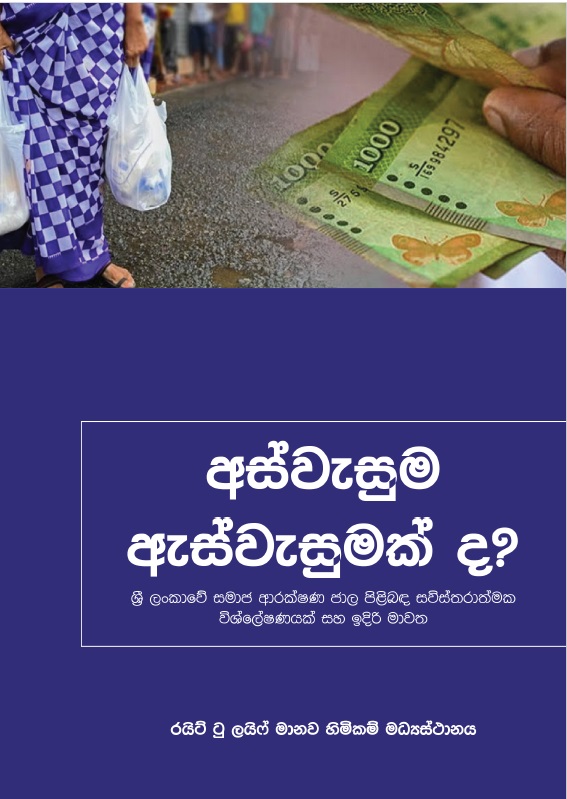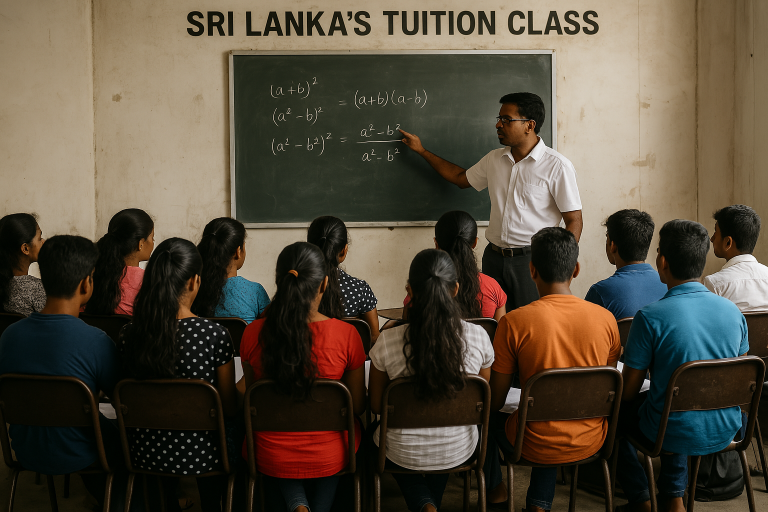A media organization has urged the government to enforce court rulings issued against police officers involved in the torture of suspects. In a letter addressed to the Secretary of the Ministry of Public Security, Ravi Seneviratne, the Young Journalists’ Association highlighted the failure to implement multiple Supreme Court and Human Rights Commission rulings over the years concerning illegal arrests, detentions, and torture by the police. This inaction has allowed the issue of police brutality to persist.
According to the Human Rights Commission, there have been 51 rulings against police brutality in recent years, and the Supreme Court has ruled on 14 cases involving more than 25 officers for torturing suspects. However, despite these decisions, no concrete steps have been taken to address the problem.
On August 22, prior to the appointment of the President of the National People’s Power, the Supreme Court, in a ruling on a fundamental rights petition, noted that “before one ruling is written and the ink of the pen is dry, another similar incident is reported.” This petition was filed by Priyantha, a young man from a village in Suriyawewa, Hambantota, after his fundamental rights were violated by the police.
The Young Journalists’ Association emphasized the responsibility of the Secretary of the Ministry of Public Security in ensuring the implementation of these rulings. They stressed the need for police leadership, including the Inspector General of Police, Senior Deputy Inspector General, and the Minister in charge, to take immediate action. The National Police Commission must also play an active role in overseeing the issue.
When questioned by journalist Tharindu Jayawardena, the Minister in charge of the Police, Vijitha Herath, assured that the implementation of court rulings against police officers would occur in the future.
The young journalists warned that failure to address this issue effectively could lead to future court rulings holding the police leadership and senior management accountable for allowing torture and inhumane treatment to continue within Sri Lanka’s law enforcement and criminal investigation processes.







